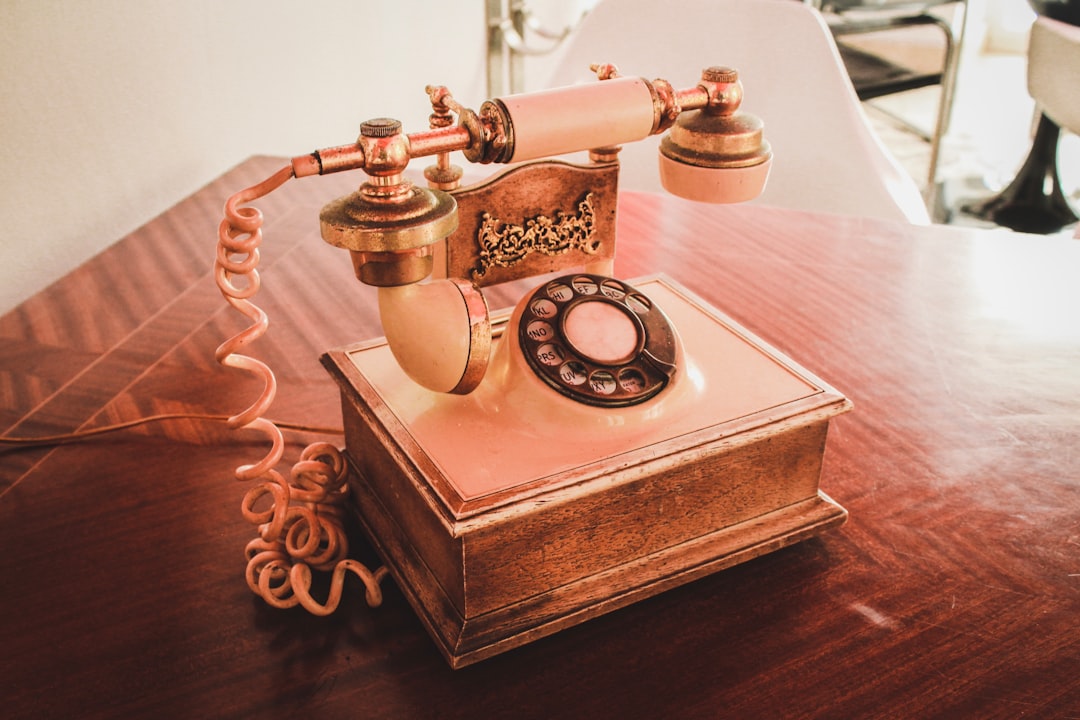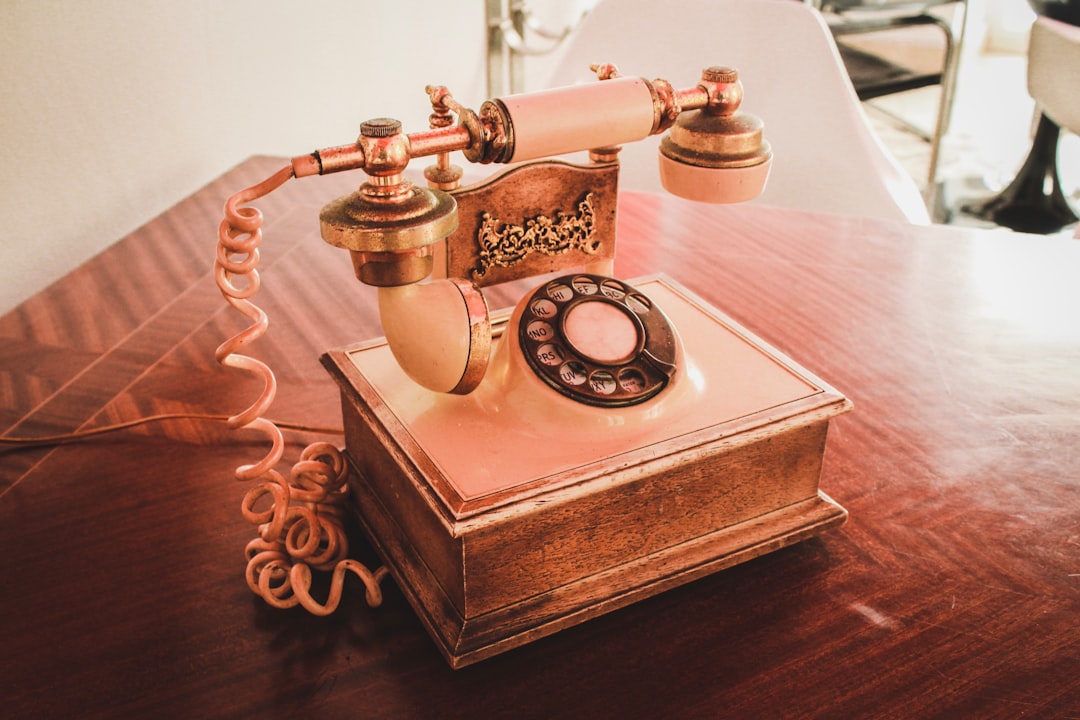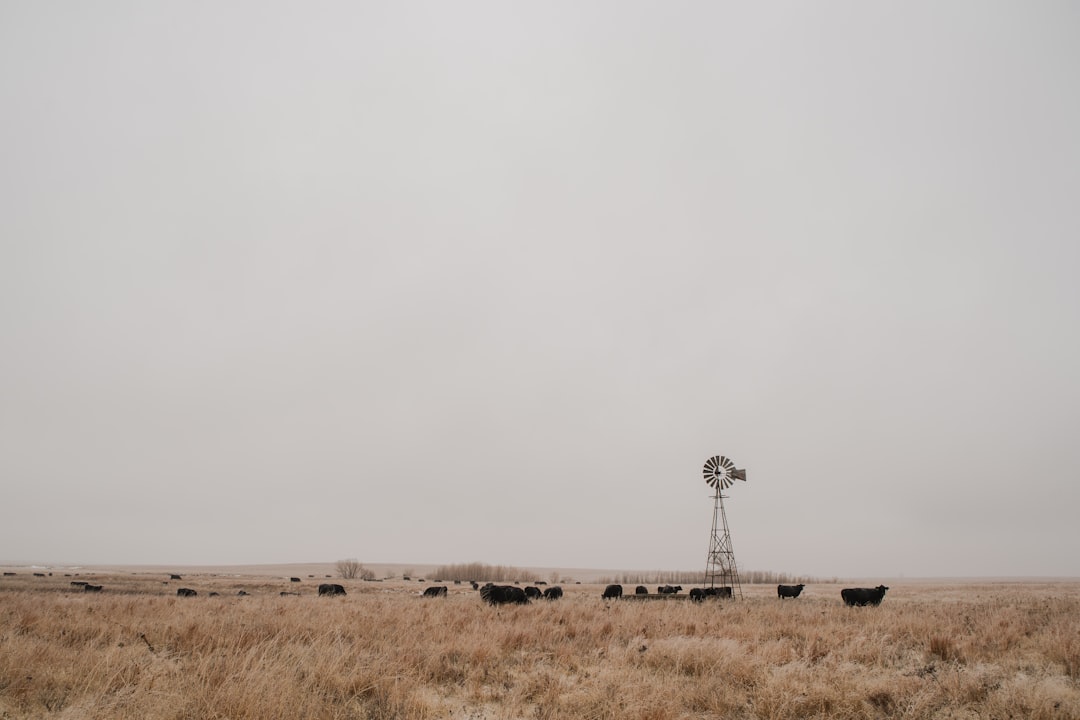In Kansas, including Overland Park, the Do Not Call laws protect residents from unwanted telemarketing calls. Residents can register on a state-run list to block spam calls, but certain types of calls may still occur. A Do Not Call Lawyer or Attorney in Kansas helps navigate these regulations, assists with complaints against violators, and ensures privacy rights are protected. The process begins by gathering detailed information about nuisance calls and contacting a specialized law firm. Selecting an attorney with expertise in state-specific regulations and consumer protection is crucial for effective legal action.
Tired of unwanted phone calls? You’re not alone. In Overland Park, Kansas, navigating Do Not Call Laws is essential to reclaiming your peace of mind. This guide delves into the process of filing a complaint against persistent spam calls, empowering residents to protect their privacy.
Understanding Kansas’ Do Not Call Laws and finding the right Do Not Call Lawyer in Kansas can be crucial. If you’ve been harassed by telemarketers, discover your rights and take action with our step-by-step overview, including tips on selecting a reputable Do Not Call Attorney Kansas.
Understanding Do Not Call Laws in Kansas

In Kansas, including Overland Park, the Do Not Call laws are designed to protect residents from unwanted telemarketing calls and sales pitches. These laws are enforced by the Kansas Department of Revenue and provide consumers with a way to stop unwanted phone solicitations. If you’ve received spam calls or feel your privacy has been invaded, it’s important to know your rights and options. A Do Not Call Lawyer or Attorney in Kansas can help navigate these regulations and ensure your rights are protected.
Understanding the state’s Do Not Call laws is crucial. Kansas allows residents to register their phone numbers on a state-run Do Not Call list, blocking most telemarketing calls. However, certain types of calls, such as those from non-profit organizations or government agencies, may still contact you. A legal professional specializing in Do Not Call laws can guide you through this process and assist with filing complaints against violators, ensuring you have a peaceful and undisturbed home environment free from unwanted phone marketing efforts.
The Process of Filing a Complaint

When it comes to filing a Do Not Call complaint in Overland Park, Kansas, understanding the process is key to ensuring your rights are protected. The first step involves gathering all relevant information about the unwanted calls received, including dates, times, and any identifying details of the caller. This can be crucial when proving a violation of the state’s Do Not Call Laws.
Next, contact either the Kansas Spam Call law firm or the appropriate regulatory body responsible for handling such complaints. In Kansas, this is typically done through the attorney general’s office or local consumer protection agencies. Fill out the necessary forms, providing as much detail as possible about the nuisance calls. A Do Not Call Lawyer or Attorney in Kansas can guide you through this process and help strengthen your case if further legal action is required.
Finding the Right Do Not Call Lawyer in Overland Park, KS

When it comes to navigating the complexities of do-not-call laws in Kansas, finding a qualified and experienced Do Not Call Lawyer in Overland Park is essential. With numerous law firms offering their services, it’s crucial to select one that specializes in this area. Look for attorneys who have an understanding of state-specific regulations and can effectively represent your case against spam calls or unwanted telemarketing.
Choosing the right legal representation can make a significant difference in the outcome of your complaint. Consider lawyers with a proven track record of success in do-not-call cases, those who stay updated on evolving legislation, and firms specializing in consumer protection law. With the right Do Not Call Attorney in Kansas, you can ensure your rights are protected and seek effective remedies under the state’s do-not-call laws.






